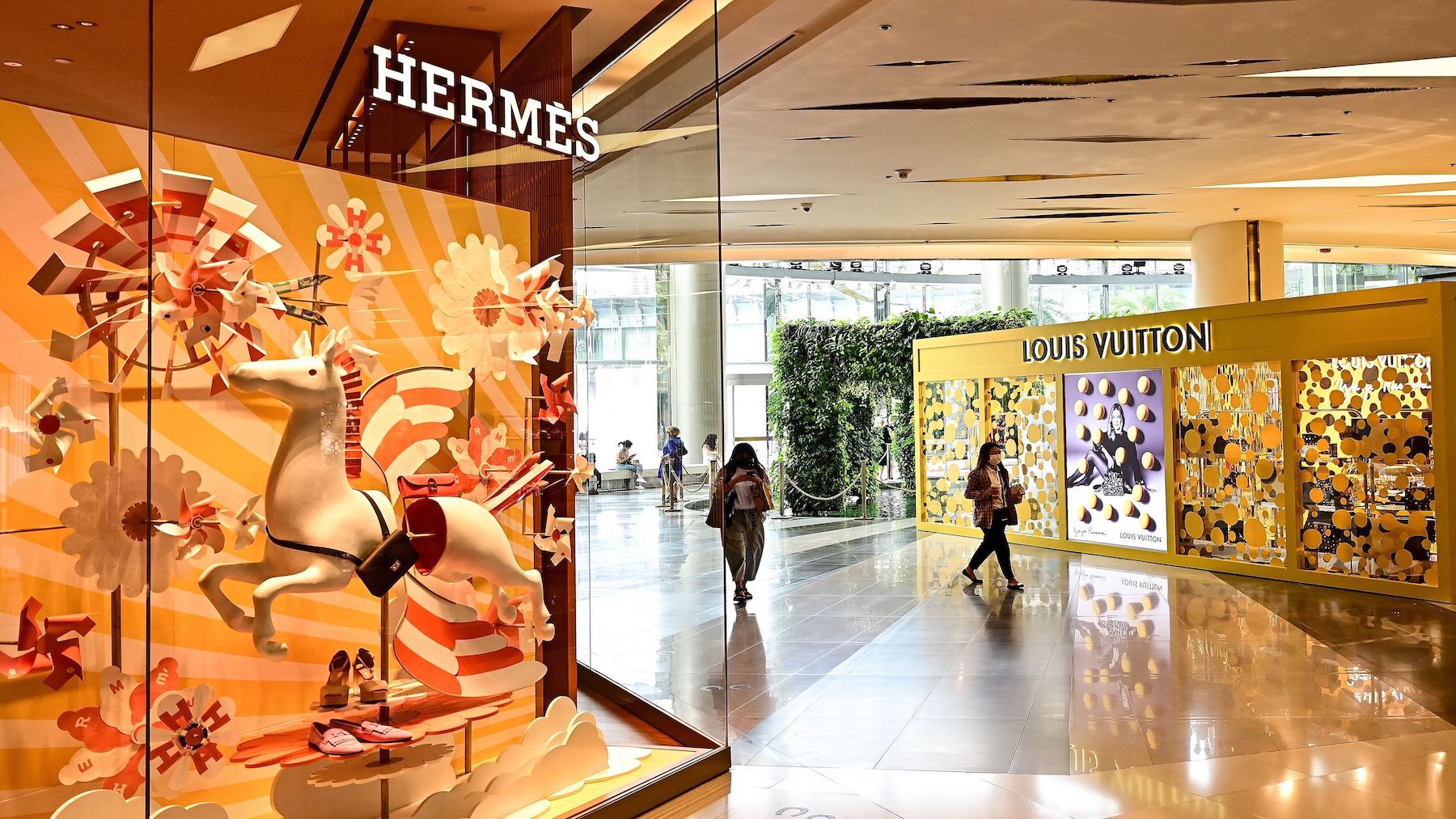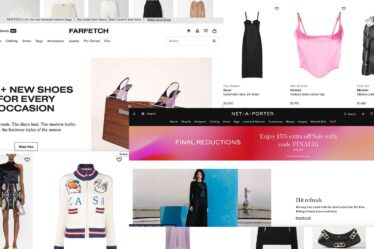
After a post-pandemic boom in luxury sales, it’s no longer a question of whether a downturn is coming, but how deep, and how long it will be. Sector bellwether LVMH’s soft sales report last week (9 percent growth in the third quarter for the critical fashion and leather goods unit that included Louis Vuitton and Dior, or about half its pace in the first half of the year) proved that not even the biggest brands were immune to economic forces, whether it’s the Federal Reserve’s interest rate hikes or China’s burst property bubble. LVMH’s stock fell by more than 8 percent after the group released its results, its biggest intraday drop in nearly two years. And competitors, from Kering to Burberry, were dragged down with it.
Blue chip Hermès is on a seemingly endless hot streak, but like LVMH, it’s expected to report slower growth on Tuesday. Kering, which also reports Tuesday, is where things might get interesting. Many of the French conglomerate’s key brands, including cash cow Gucci, were already struggling before the slowdown, so the sector-wide softening could hit especially hard. The company will argue that its troubles are temporary; Gucci’s sales last quarter don’t reflect new designer Sabato De Sarno’s work, and Balenciaga has only recently returned to the sort of marketing spectacles that buoyed the brand before scandal hit last fall. Some patience is due. But according to Bernstein analyst Luca Solca, if the response to De Sarno’s debut on Chinese social media is anything to go by, Gucci may struggle to recapture newly frugal luxury consumers.
In many ways, the luxury downturn resembles the bursting of the e-commerce bubble last year. In both cases, the pandemic changed the way people shopped, spurring record sales. But the “new normal” proved temporary, and the reversion to the mean painful. For the likes of LVMH and Kering, there are some upsides to a downturn: as valuations come back to earth, the biggest luxury companies will have opportunities to pick up smaller rivals. Kering’s clearly on the hunt for deals to give it still greater scale, with its 30 percents stake in Valentino and $3.8 billion acquisition of Creed.
LVMH, Kering, Hermès and their peers aren’t loss-making start-ups; they will weather this down cycle as they have others before it. But they’ll likely do so unequally, and this week we’ll find out how much pain each of them are in for.
The Week Ahead wants to hear from you! Send tips, suggestions, complaints and compliments to [email protected].



